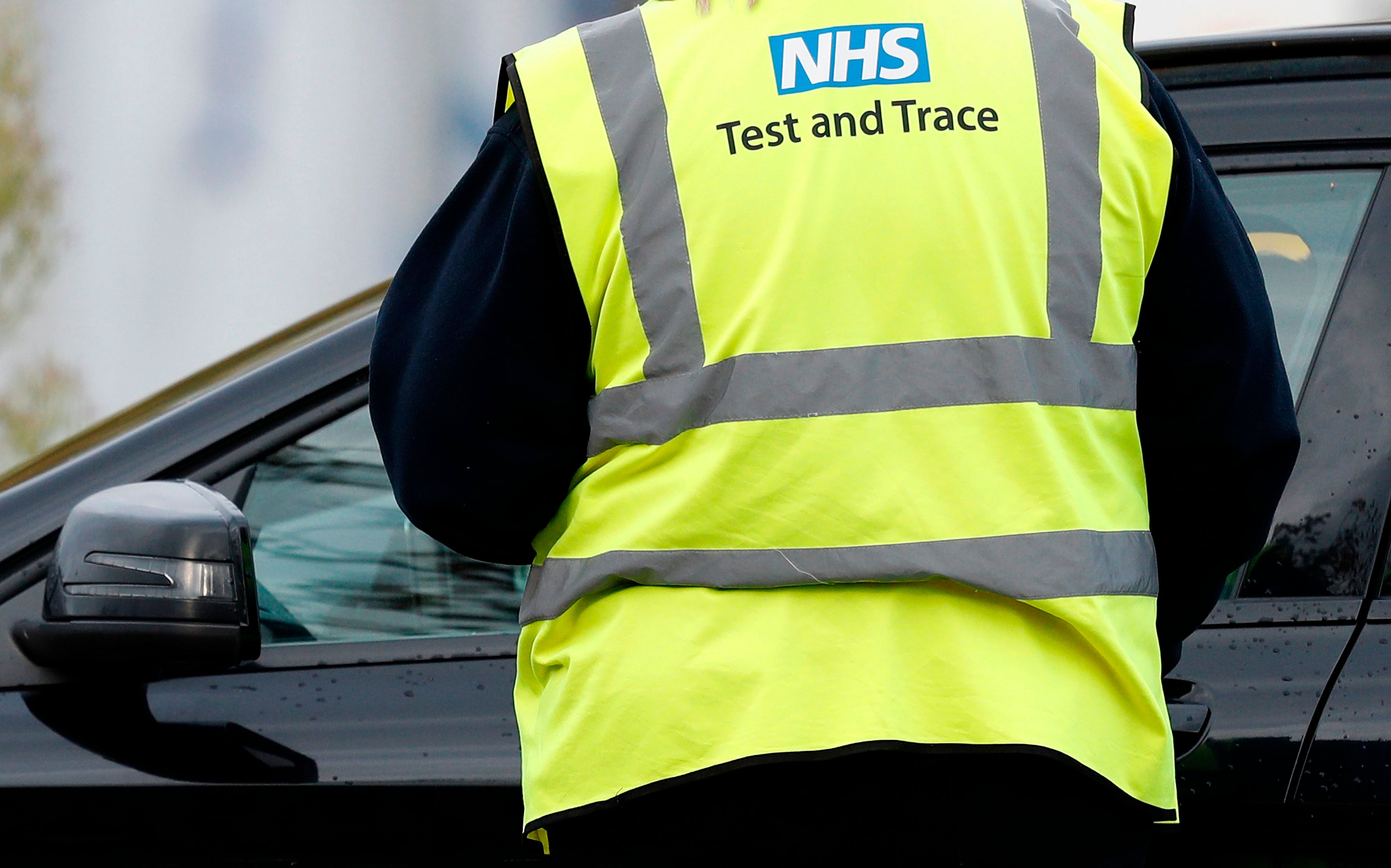Covid inquiry must look at NHS 111 ‘mishandling’, bereaved families say
Families of victims say the service ‘failed to recognise how seriously ill their relatives were and direct them to appropriate care’

Your support helps us to tell the story
From reproductive rights to climate change to Big Tech, The Independent is on the ground when the story is developing. Whether it's investigating the financials of Elon Musk's pro-Trump PAC or producing our latest documentary, 'The A Word', which shines a light on the American women fighting for reproductive rights, we know how important it is to parse out the facts from the messaging.
At such a critical moment in US history, we need reporters on the ground. Your donation allows us to keep sending journalists to speak to both sides of the story.
The Independent is trusted by Americans across the entire political spectrum. And unlike many other quality news outlets, we choose not to lock Americans out of our reporting and analysis with paywalls. We believe quality journalism should be available to everyone, paid for by those who can afford it.
Your support makes all the difference.The inquiry into the government’s handling of the Covid pandemic should look at the “mishandling” of the NHS 111 service, families bereaved during the crisis have said.
In a scathing report, the Covid-19 Bereaved Families for Justice group said the service was inappropriately used to “alleviate the burden on the NHS” with “horrific” consequences.
The report, based on a survey of families, said many believed that the service “failed to recognise how seriously ill their relatives were and direct them to appropriate care”.
They argue that the service was also quickly “swamped” during the first wave despite the addition of 700 new call handlers, many of who were making life or death decisions with just 10 weeks training.
The phone line is one of a number of areas the groups want the government’s inquiry to cover. Other areas include No 10’s level of pandemic preparedness, particularly PPE shortages, as well as an investigation into the disproportionate impact on ethnic minority groups and those with disabilities.
Lobby Akinnola, a member of the group, said his father, Olufemi Akinnola, had called NHS 111 four times over two-and-a-half weeks in April 2020 but was told that he should not go to hospital.
Mr Akinnola believes the assessments were informed by his father saying he did not have blue lips - a symptom of hypoxia that as a black man he did not have.
The 60-year-old was thought to be recovering from coronavirus, but he was in fact experiencing hypoxia – low blood oxygen – that proved to be fatal.
Mr Akinnola said: “It’s hard not to believe that if my dad had gone to hospital, he might still be with us today.
“A healthy, active man, I can’t help but wonder if he’d received different advice from 111, could it all have been so different?
“If he had been white and his lips had turned visibly blue, would he have received the same advice? Would I still have my dad?”
Mr Akinnola said he does not blame call operators, adding: “111 must be a key issue that the inquiry looks at, and the families that lost loved ones as a consequence of the failings resulting from the government’s mishandling of the service must be at the forefront of that.”
Boris Johnson has committed to holding a public inquiry, and No 10 has said it is due to start in spring 2022.
A government spokesperson said: “Every death from this virus is a tragedy and our sympathies are with everyone who has lost loved ones. We will ensure the inquiry gets to the bottom of many of the questions thousands of bereaved families have about the pandemic.
“We have committed to holding a full public inquiry as soon as is reasonably possible, and will appoint the chair of the inquiry by Christmas and consult bereaved families and other groups on the terms of reference before they are finalised.
“It is critical we understand what happened in detail, but at the moment it is right that public servants continue to focus their efforts on tackling the pandemic before moving on to the inquiry in spring.”
Join our commenting forum
Join thought-provoking conversations, follow other Independent readers and see their replies
Comments